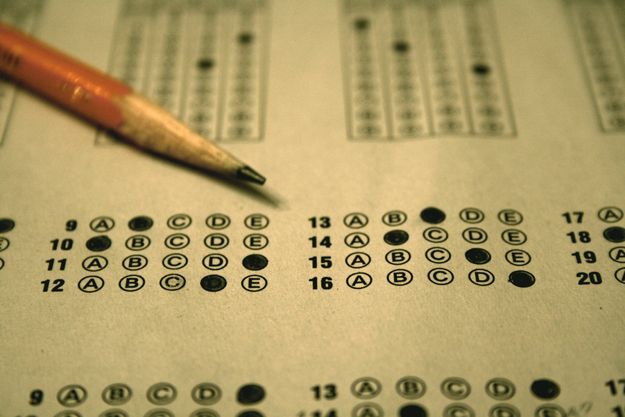Standardized testing has become deeply ingrained in the education system, but it does more harm than good. While these tests are often justified as objective measures of student achievement and school performance, they can fail to account for the diverse ways students learn and demonstrate knowledge. Instead of fostering genuine understanding, standardized tests encourage memorization and test-taking strategies, which can limit students’ intellectual growth and creativity.
One major issue with standardized testing is that it disproportionately impacts students from disadvantaged backgrounds. These students often lack access to extra resources like tutoring or prep courses, or even just a quiet place to study, putting them at an inherent disadvantage compared to their more privileged peers. This creates an uneven playing field, where success is less about a student’s true ability or effort and more about their socioeconomic status. In this way, standardized tests can reinforce existing inequalities rather than help close achievement gaps.
Moreover, the pressure to perform well on these exams can negatively affect both students and teachers. Students may experience high levels of stress and anxiety, which can lead to physical and emotional health issues, including burnout and diminished love for learning. The constant emphasis on test scores can make students view education as a series of hurdles to clear, rather than an opportunity to explore ideas and develop critical thinking skills. This mindset stifles curiosity and creativity, which are essential for innovation and problem solving in the real world.
Teachers also face significant challenges due to standardized testing periods; their performance is often evaluated based on their students’ test results, which can pressure them to teach to the test rather than focus on a deeper learning. This narrows the curriculum, leaving less room for subjects like art, music and physical education, which are vital for well-rounded education. Additionally, it can diminish teacher autonomy and morale, as educators feel constrained by rigid testing requirements and constant accountability measures.
Another concern is that standardized tests do not always accurately reflect a student’s knowledge or potential. Factors such as test anxiety, language barriers and cultural differences can skew results. Some students may excel in hands-on projects, oral presentations or collaborative work, none of which are captured by multiple choice exams. When schools and policy makers rely heavily on these tests to make decisions about funding, placement or graduation, they risk overlooking the diverse talents and strengths of students. Education should aim to nurture a lifelong love of learning, critical thinking and creativity. While standardized tests may offer some insights, they should not dominate the educational experience or define a student’s worth.







